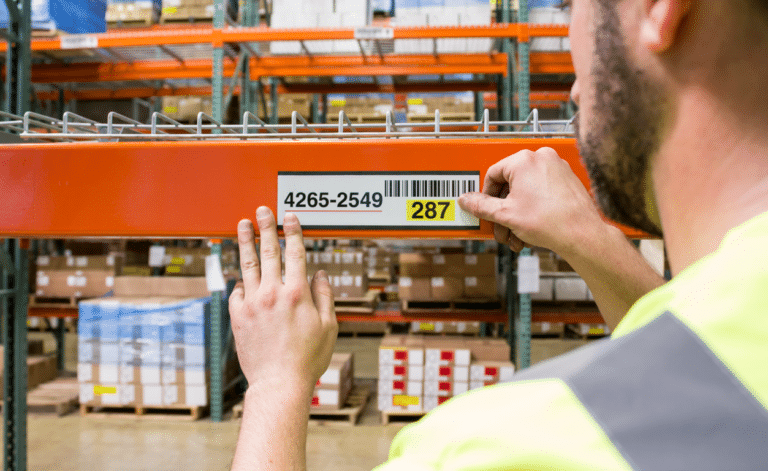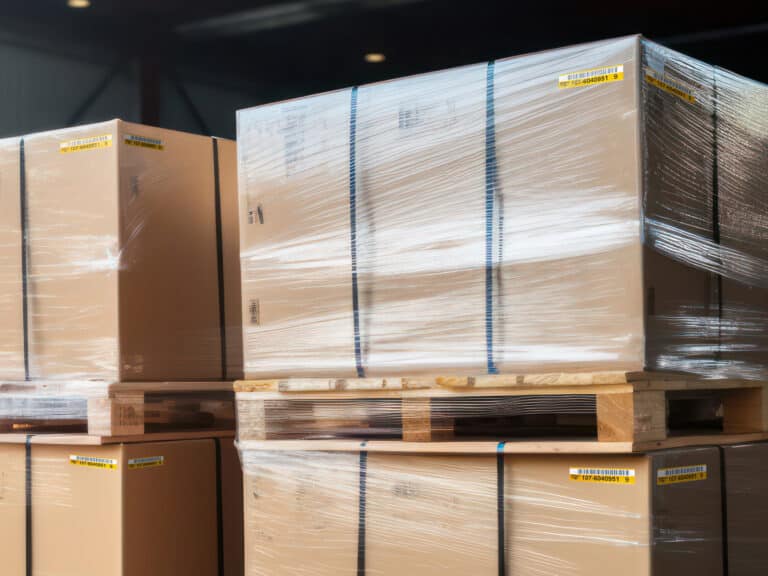At Chicago Tag & Label, sustainability is more than a trend—it’s a commitment to responsible manufacturing. Across our facility and processes, we’ve implemented impactful changPatient safety is a top concern in health care. Although patients have the right to expect safe treatment in the hospital or from other health care providers, a 2000 report from the Institute of Medicine states that up to 98,000 patients die each year because of medical errors. These can include hospital-acquired infections, improper medication and wrong diagnosis.
Beyond the human cost of medical errors, there is a hefty financial cost. As a health care provider, your business can depend on keeping your patients safe. Along with following best practices in surgical and routine care procedures, you can benefit from proper labeling. Using custom labels for drugs, medical equipment and even patients can increase patient safety noticeably to give your hospital a better reputation and lower operating costs.
Custom Drug Labels for the Provider and Patient
Mistakes with medications are the top source of deaths from medical mistakes, with the IOM reporting 7,000 annual deaths in the U.S. related to drug mistakes, at a cost worldwide of $5.8 to $27.3 billion. According to the IOM, better drug labeling and packaging could potentially save nearly one-third of these lives. The Food and Drug Administration (FDA) requires custom labels with specific information to aid pharmacists and patients alike in using the drugs properly. Information includes identification, dose and usage, and warnings.
A variety of specialized drug labels can provide further benefits. Labels with detachable parts are useful for solutions that are to be injected using syringes. When the syringe is filled with the solution, the provider can remove the detachable part of the label from the solution and place it on the syringe, thus clarifying the contents of the syringe. Multi-functional labels can provide additional space for notes.
The Value of Barcodes
Barcodes make data entry easier. Instead of manually entering the information into a computer, barcodes allow the information to be scanned, thus eliminating the possibility of human error from a typo. Using barcodes for medical specimens, such as blood samples, can save lives by preventing mix-ups in patient specimens. Providers can avoid potentially fatal treatments based on incorrect diagnoses or lack of treatment based on a false clean bill of health from confusion in sample analysis.
Another benefit of barcodes is that they are easy to use. This makes surgeons and other healthcare professionals more likely to use them properly. Consider, for example, a surgery. As the surgeon is finishing up, the surgical tools need to be removed from the patient. It may be tempting to be lax on this step when using a checklist on paper. However, a computer program could require each surgical item to be scanned before the program gives the OK to complete the procedure.
Custom Labels Designed for Your Specific Needs
Custom labels can be designed to meet your specific needs. For example, they can be made in whatever size you need for your instruments and medical devices. You can also implement a color-coding system and order your labels in the corresponding colors. A common example is the use of color-coded wristbands for patients, such as red corresponding to allergies and blue to indicate DNR. Other examples of custom labels include waterproof labels and tamper-proof labels, which can ensure package integrity.





